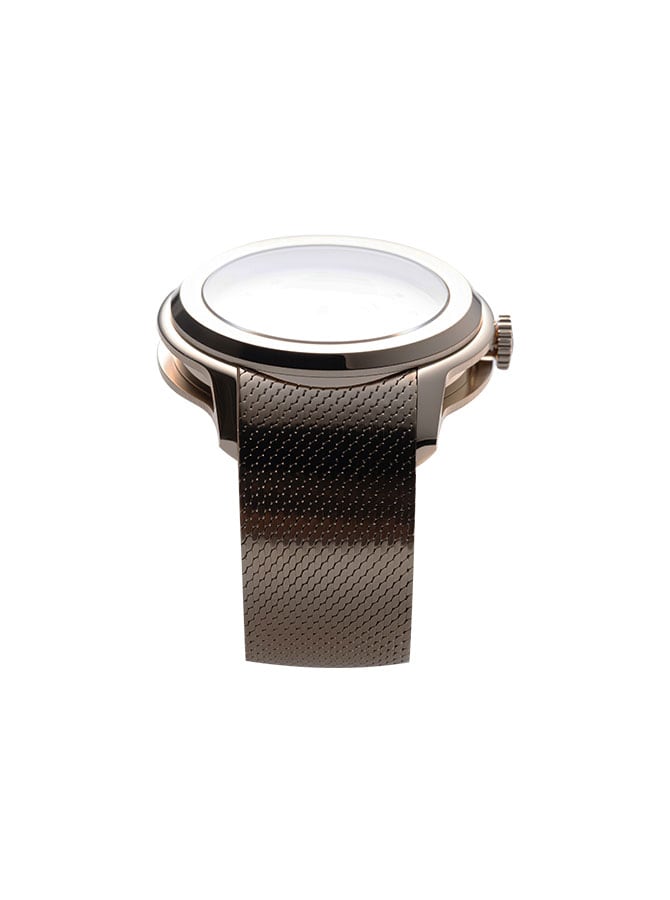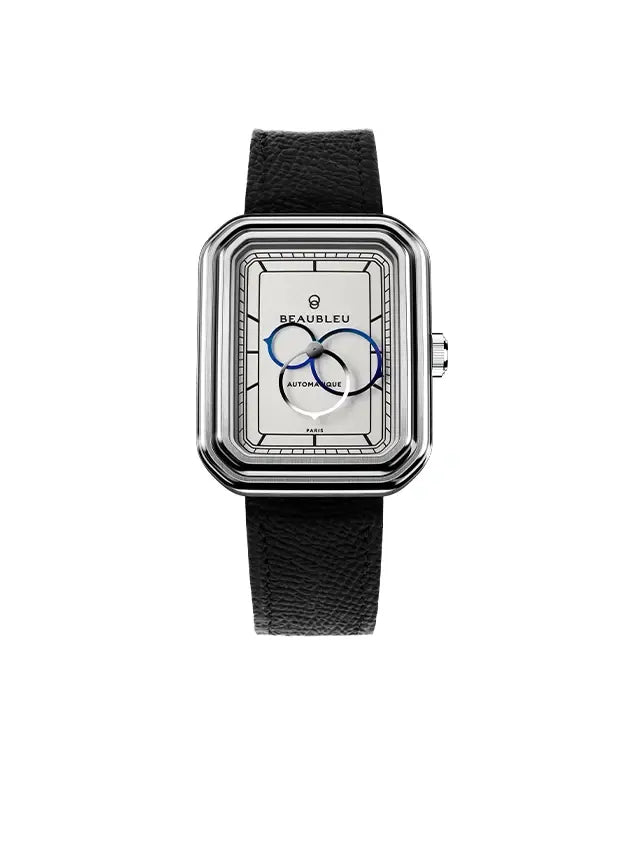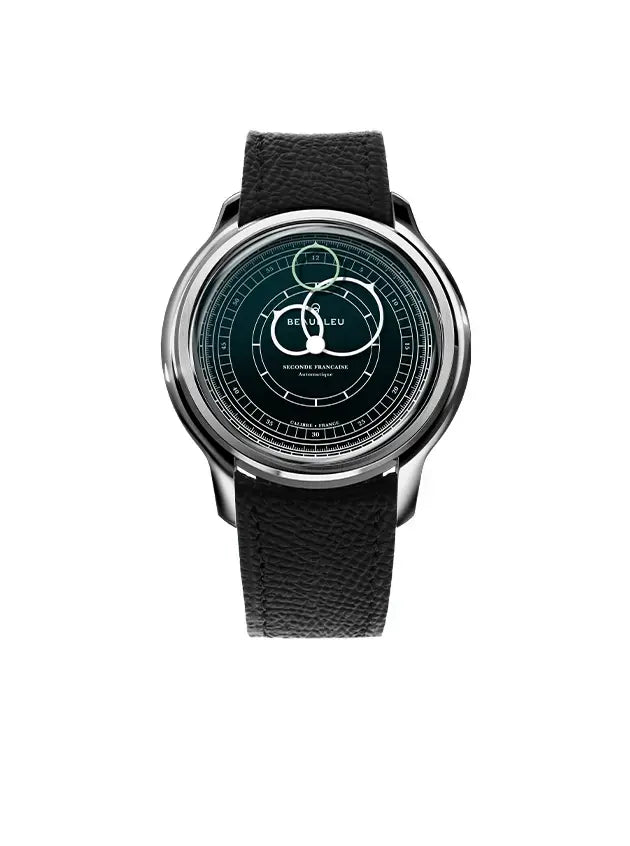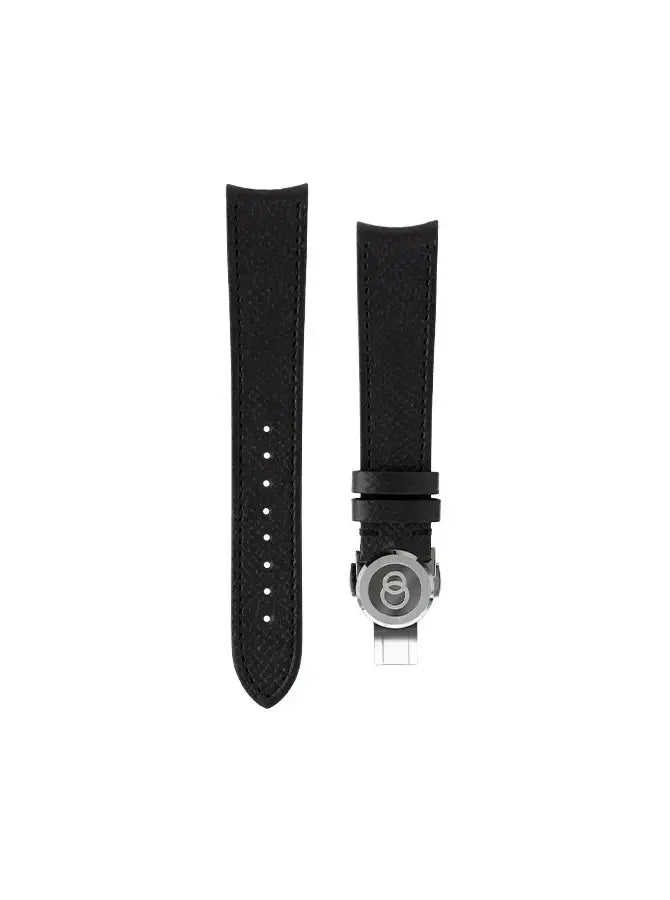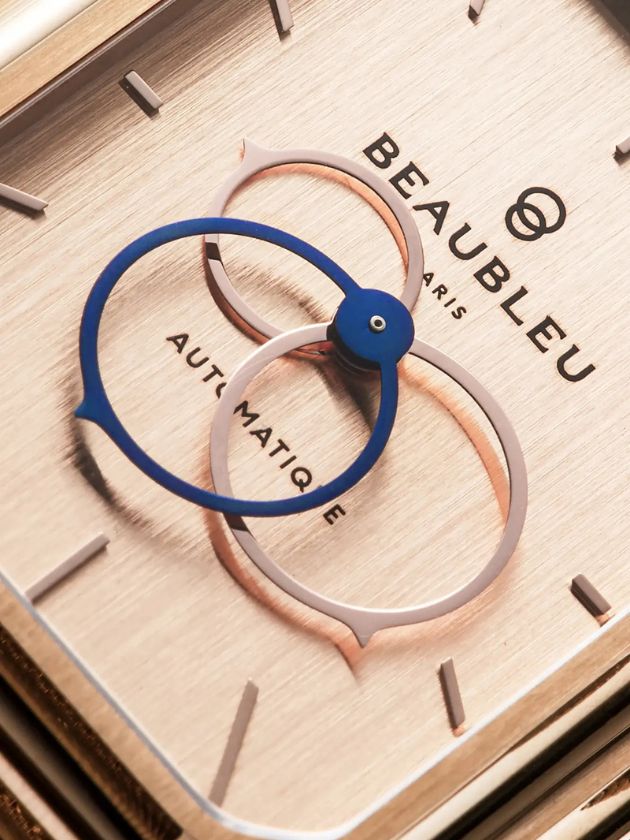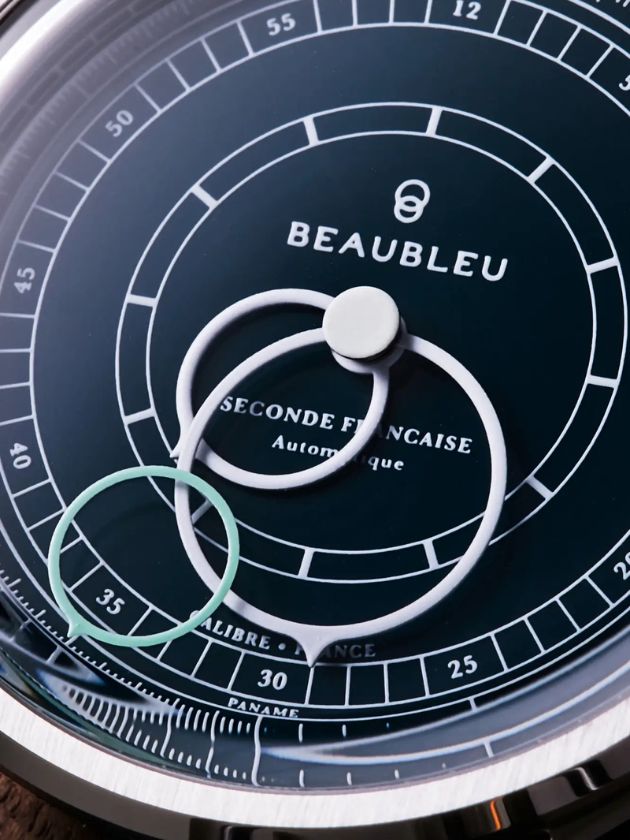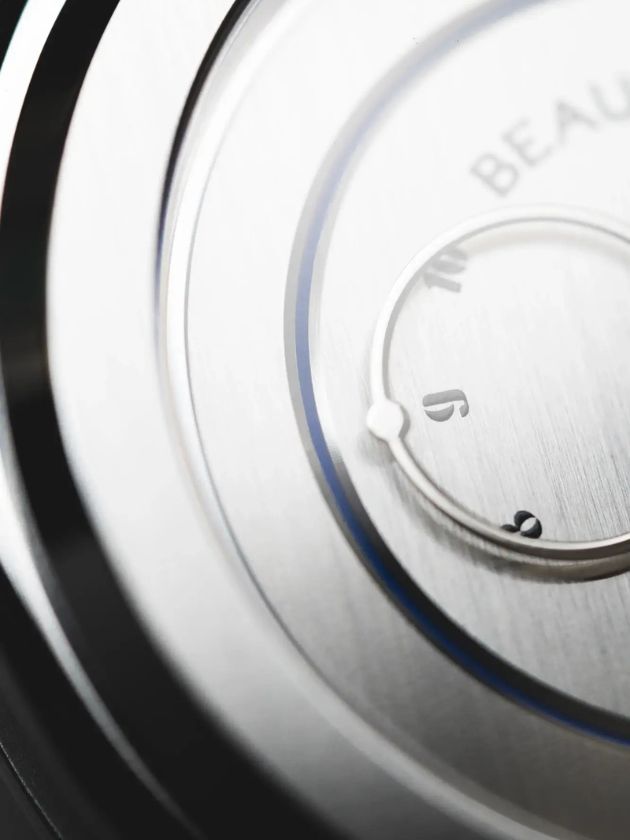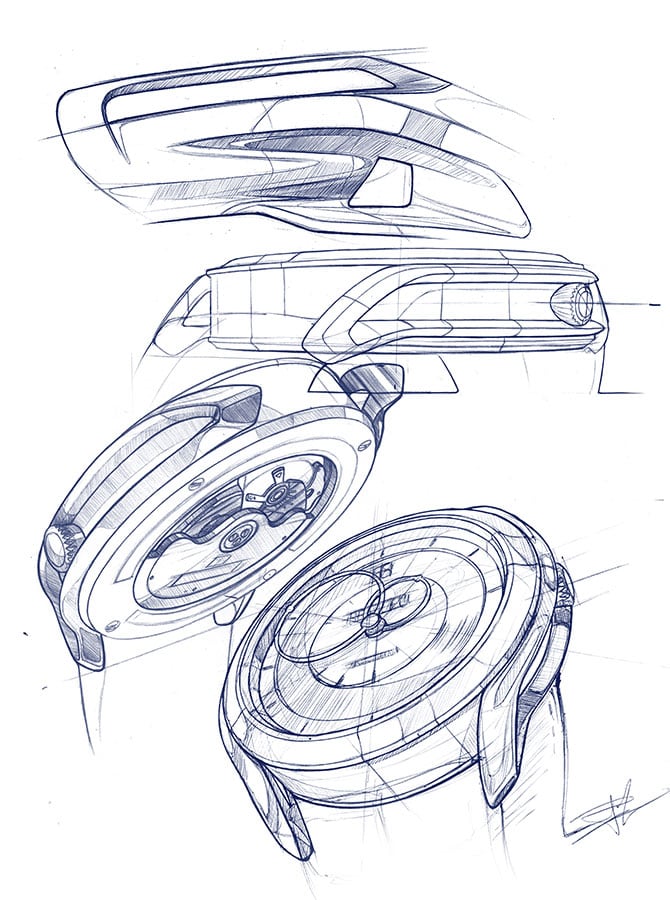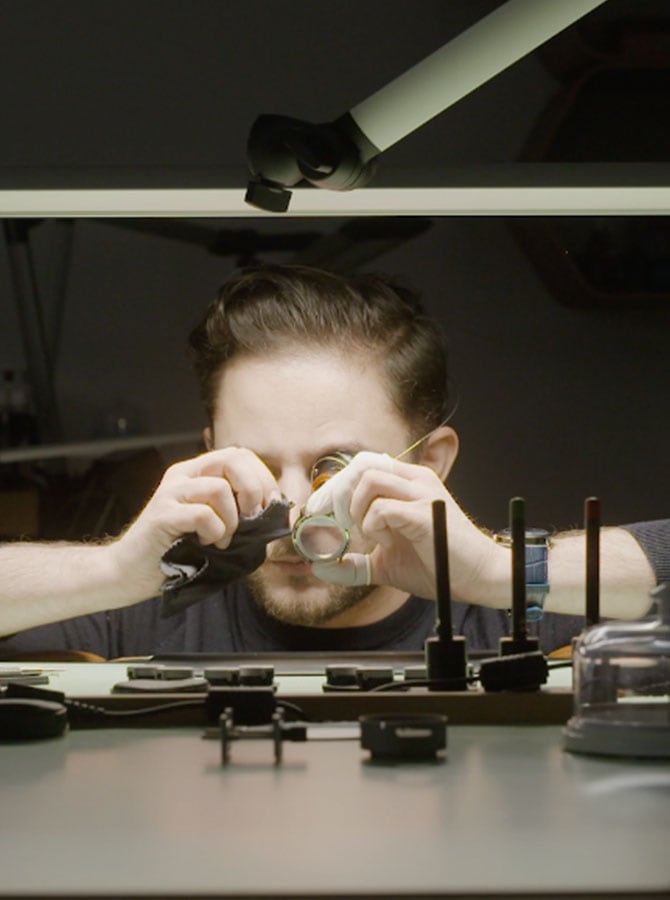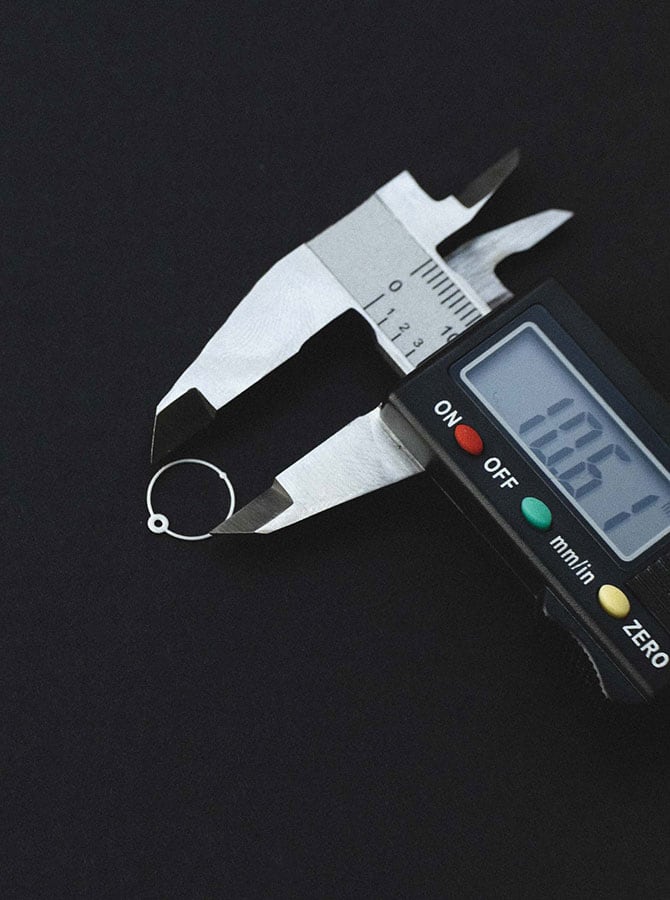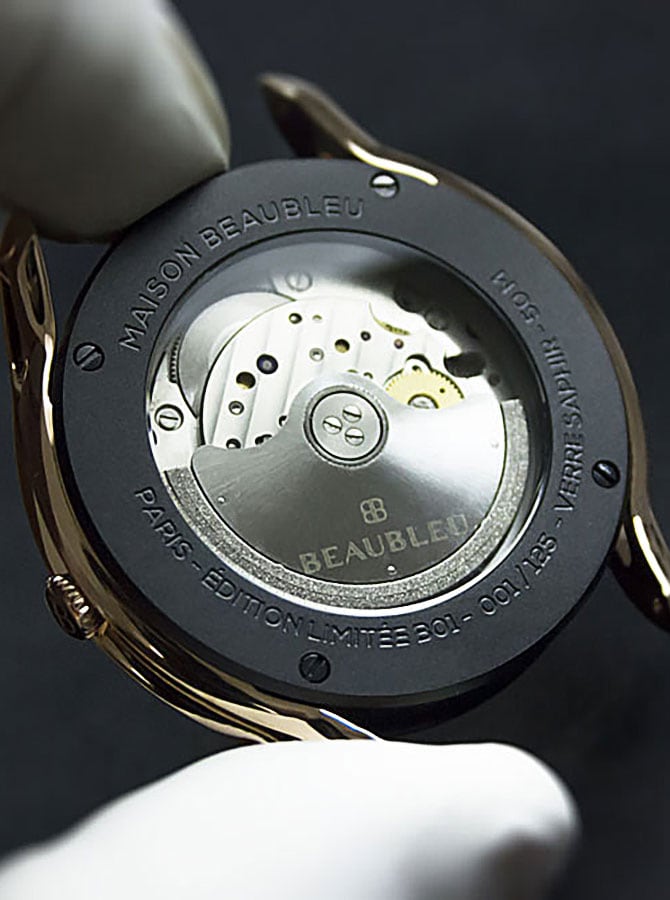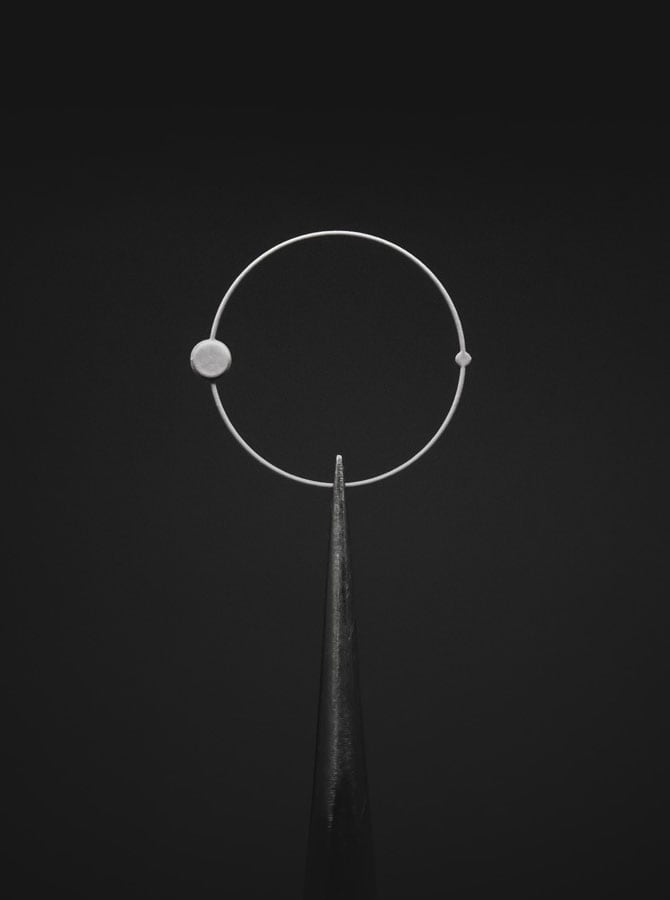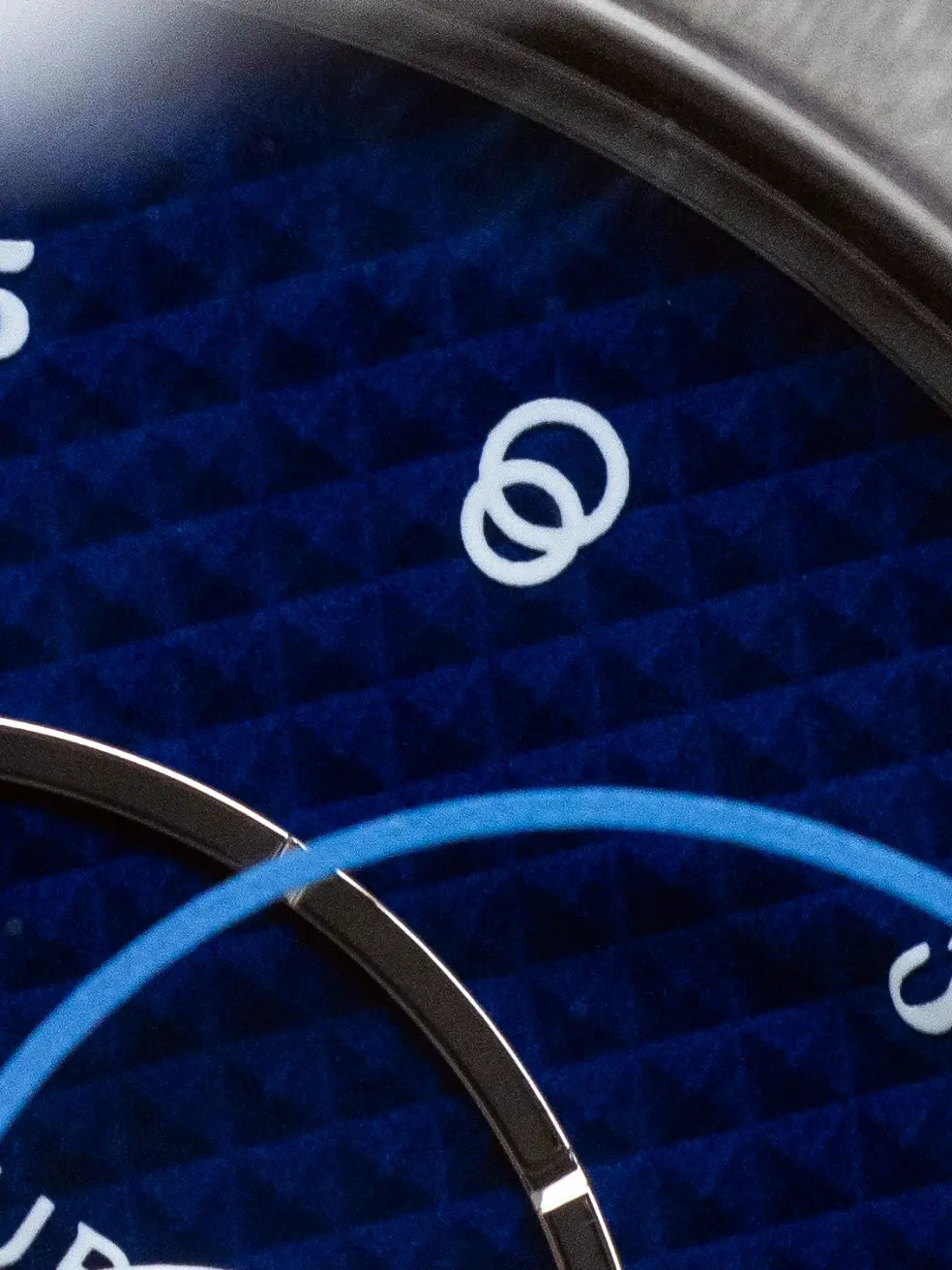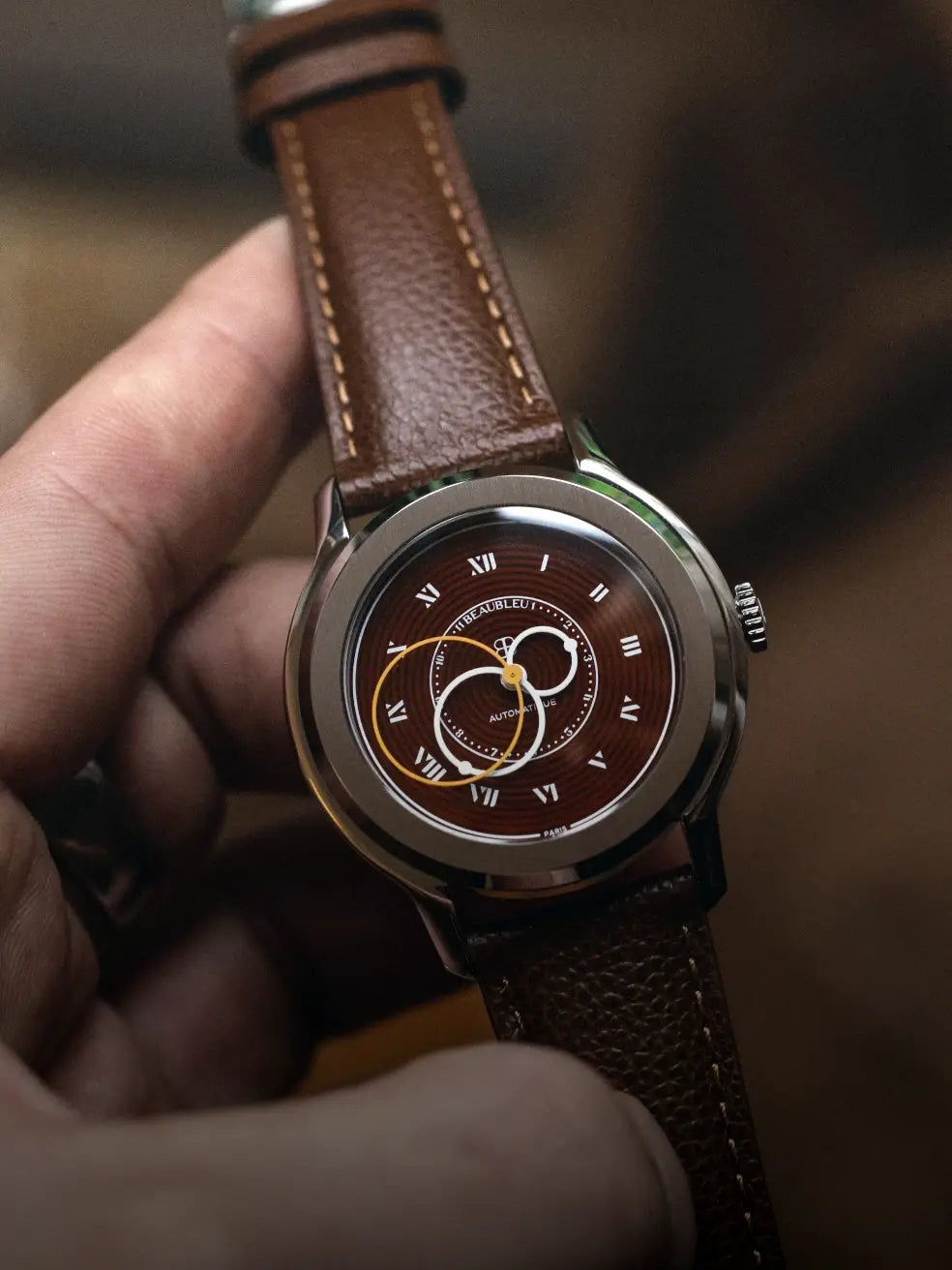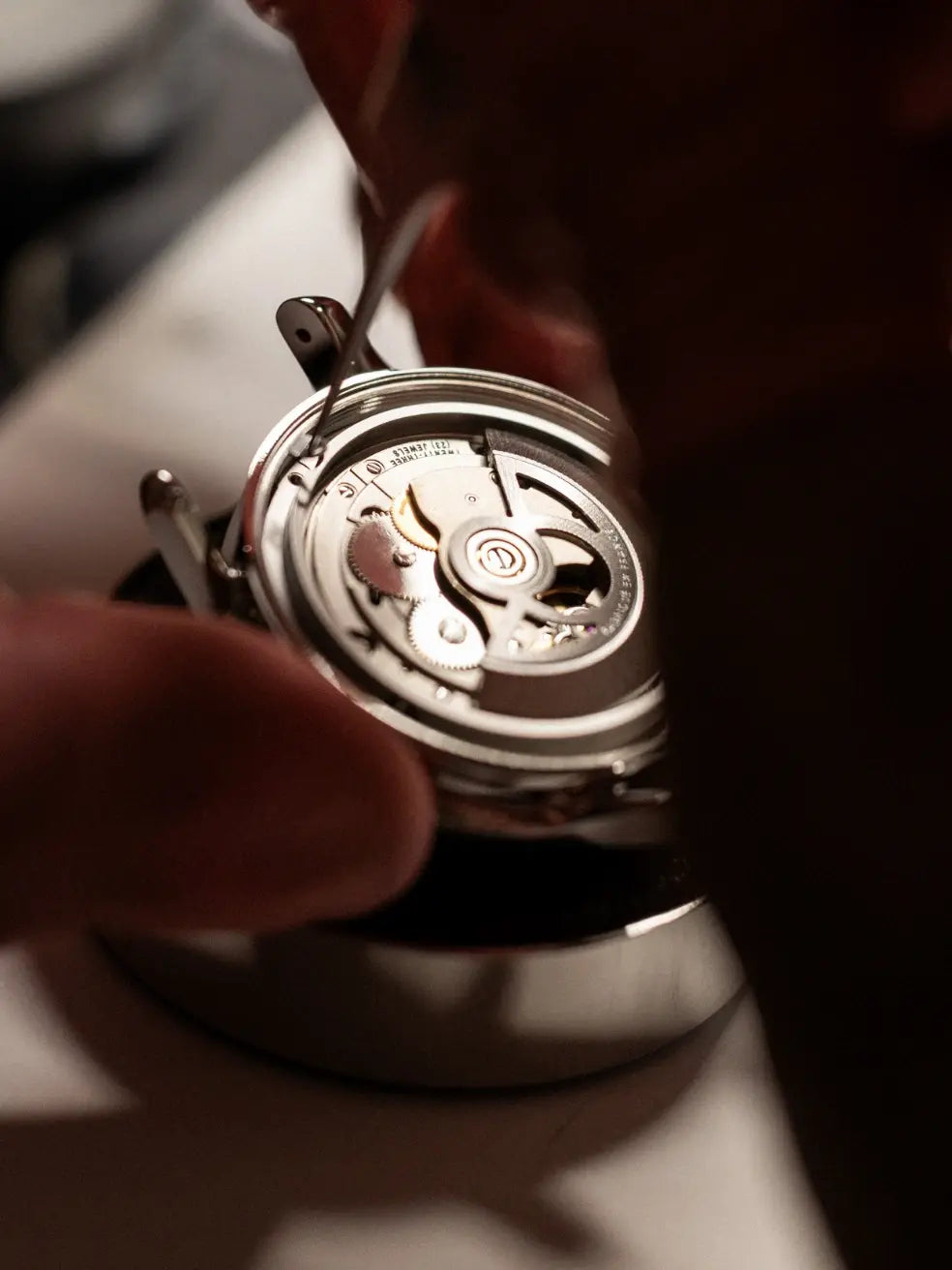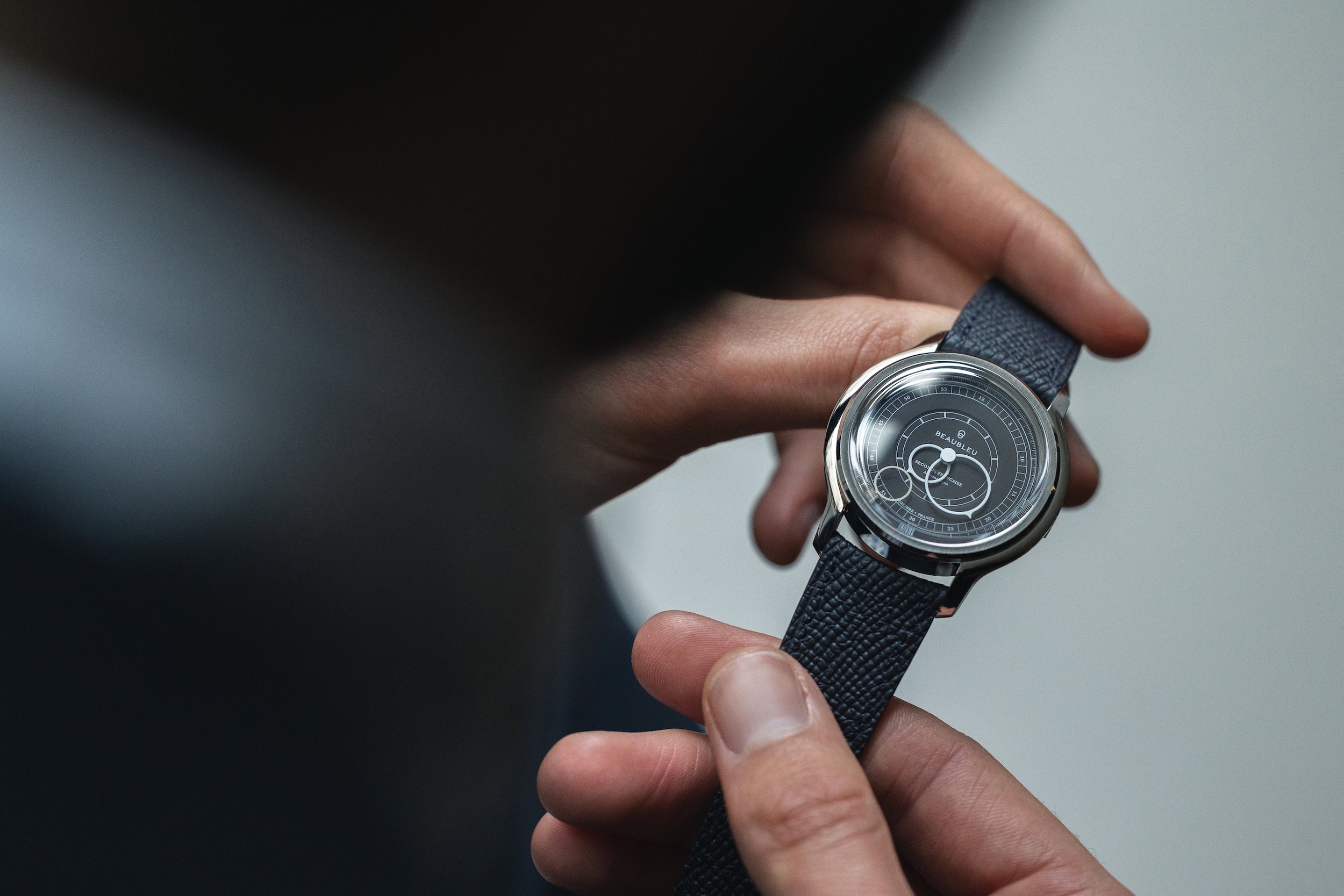
Quartz vs. Automatic Watch: Comparison for an Informed Decision
Choosing between a quartz watch and an automatic watch can seem complicated. In this article, we'll take a detailed look at the mechanisms, maintenance, style, and cost to help you make your choice.
Operation and accuracy
Quartz watch mechanism
Quartz watches use a quartz crystal to keep time. This crystal vibrates at a precise frequency when powered by a battery. These vibrations are converted into electrical impulses that move the hands of the watch. Quartz watches are known for their accuracy and require little maintenance.
Mechanism of automatic watches
Automatic watches, on the other hand, operate using a rotor that rotates with the movements of the wrist. This rotor winds the mainspring, providing the energy needed to operate the watch. Unlike quartz watches, they do not require a battery. Automatic watches are often appreciated for their complexity and watchmaking expertise.
Accuracy Comparison
In terms of accuracy, quartz watches are generally more accurate than automatic watches. Quartz watches can deviate by a few seconds per month, while automatic watches can deviate by a few seconds per day. However, the accuracy of an automatic watch can be improved through regular maintenance and professional adjustments.
The decision between an automatic watch and a quartz watch is a personal one. The choice depends on your preferences and what you are looking for in a watch.
Maintenance and durability
Maintenance of quartz watches
Quartz watches require little maintenance. You only need to replace the battery every one to two years. The internal components are less prone to wear, reducing the need for maintenance.
Maintenance of automatic watches
Automatic watches require more attention. Regular maintenance every three to five years is recommended to ensure they are running smoothly. This includes cleaning, lubricating, and adjusting the internal mechanisms.
Regular maintenance extends the life of your automatic watch and ensures optimum precision.
Lifespan and robustness
Quartz watches are generally more robust due to their mechanical simplicity. On the other hand, automatic watches, although more delicate, can last for decades with proper maintenance. The high-quality materials used in automatic watches contribute to their longevity.
Style and design
Quartz watches often offer a refined and modern design, perfect for those looking for a contemporary look. Automatic watches, on the other hand, are usually seen as works of art. They combine traditional craftsmanship with sophisticated design. There is something special about a watch that relies on both mechanics and craftsmanship. These watches are ideal for those who appreciate detail and complexity.
Cost and value
For quartz watches, the primary maintenance is regular battery replacement. Automatic watches require more in-depth maintenance, including periodic servicing to ensure optimum performance. When properly maintained, automatic watches can last a lifetime and be passed down through generations.
Resale value
Automatic watches tend to hold their value better over time, as their complexity and prestige make them sought-after collector's items. Quartz watches, while reliable, tend to lose their value more quickly on the second-hand market.
Choosing between a quartz watch and an automatic watch depends on your personal preferences and lifestyle. Quartz watches are known for their precision and low maintenance, while automatic watches are known for their craftsmanship and battery-free operation. Take the time to consider your needs, tastes, and budget to make an informed choice. Whether you opt for the reliability of a quartz watch or the elegance of an automatic watch, the important thing is to choose the one that suits you best.
